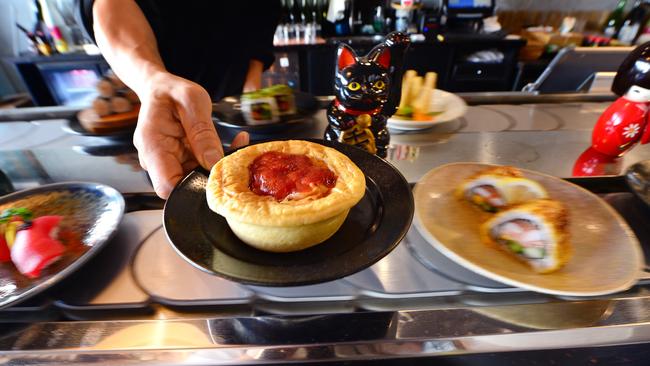
Indonesian conglomerate Salim has been pursuing Patties, a business that controls the Four’N Twenty Pies brand and is owned by Pacific Equity Partners.
PEP has been working with Goldman Sachs on an exit and sources say Salim had been working with Deutsche Bank on a purchase.
Some believe talks have progressed, but it is unclear whether Salim Group is close to finalising an acquisition.
The company is known to the Australian market, having invested in West Australian grain business CBH.
It is Indonesia’s biggest conglomerate and counts Indofood Sukes Makmur – the world’s largest instant noodles producer – as a subsidiary.
It also owns one of Indonesia’s largest carmakers, Indomobil, the nation’s largest convenience store chain Indomaret and a large flour-milling operation, Bogasari, along with oil palm plantations. It also is a major property developer.
Patties is being pitched as an opportunity to increase earnings through international expansion, and Asia is a logical market. Some believe it will sell for at least $400m.
The baked goods business distributes its products to service stations and supermarkets.
Besides Four’N Twenty Pies it makes finger foods such as sausage rolls and Nanna’s desserts.
Previously listed, Patties was purchased by Pacific Equity Partners for $232m in 2016 and later merged with Leader Foods. Goldman Sachs was close to selling Patties to a private equity fund less than a year ago, say sources.
The understanding is that when Goldman had a party interested in the business, it tested the market to determine whether others would come forward. However, the private equity firm abandoned its pursuit.
Patties is understood to have recently generated between $60m and $70m of annual earnings before interest, tax, depreciation and amortisation.
Consumer companies have faced challenges with distribution costs, staff shortages and higher food costs in the aftermath of the pandemic.
Placing a value on them can be tricky, given the earnings disruption in recent times linked to the Covid-19 crisis.
Food manufacturers selling products in supermarkets have had a couple of bumper years as consumers have been forced to stay home during pandemic-related lockdowns.
But at the same time, they have missed out on the higher margins they get from selling to restaurants and hospitality venues.
Food is a highly defensive asset class, but margins are slim, observers say.
Supermarket giants Woolworths and Coles are known to be fierce negotiators with their suppliers.




To join the conversation, please log in. Don't have an account? Register
Join the conversation, you are commenting as Logout